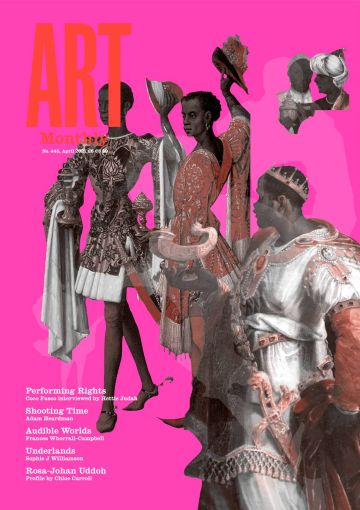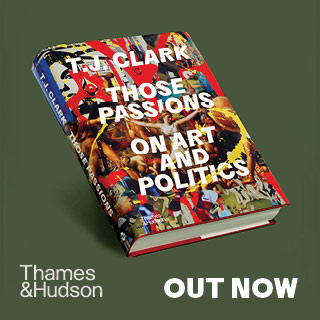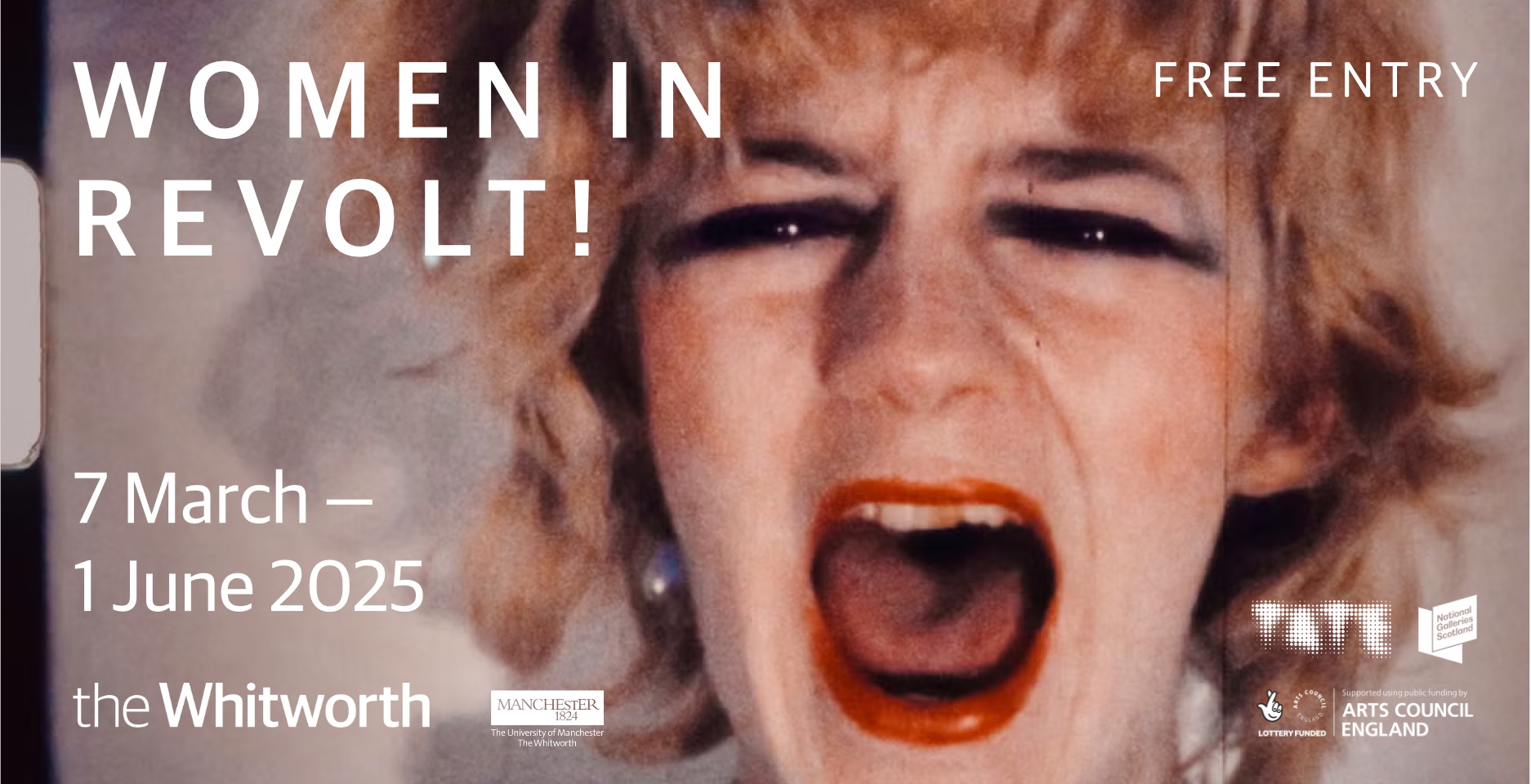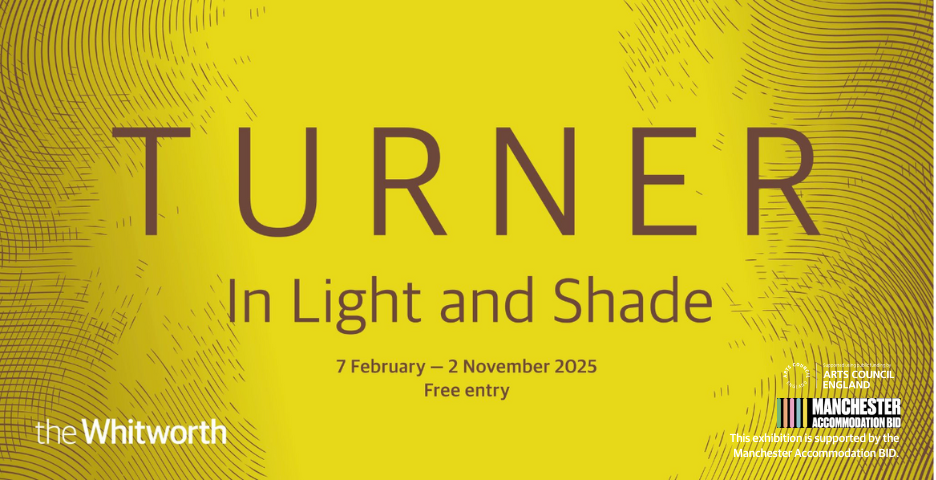Report
Letter from Belarus
Uladzimir Hramovich on being swept up in mass political arrests
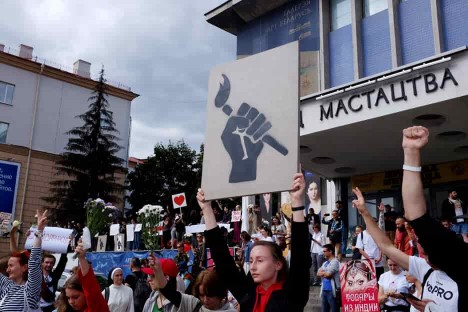
‘Don’t Draw’ protest against Alexander Lukashenko falsely declaring victory in the 2020 election, Minsk, 2020, photo by Lesia Pcholka
A month has now passed since I was released from prison in Zhodino. I was imprisoned there for 15 days after being arrested for an alleged ‘unauthorised protest’ with my friend. We had in fact been taking photographs of an A2 drawing in the courtyard of our home. In less than a minute, a passing minibus without a licence plate turned in our direction. Five people in masks ran out and kidnapped us in the very centre of Minsk on 23 January.
Over the past nine months, there have been countless stories of wrongful arrests in Belarus that began this way. The reason is the rigged election which took place 9 August last year. When Alexander Lukashenko lost the election to Sviatlana Tsikhanouskaya, he responded to peaceful protests with intimidation, disproportionate violence and torture, leaving us in a state of incessant fear and defenceless against state-condoned violence (Artnotes AM439). But these events have also triggered an unprecedented solidarity. Under this gigantic wave of oppression, each and every one of us is buried, but this collective avalanche of protest continues to gain an explosive momentum every day.
As part of a community of artists and cultural workers, we all took part in marches and peaceful protests. After the announcement of the election results, the whole country stood up in protest, including independent cultural workers, state museums and theatres – in Belarus this means if your job is financed from governmental sources you are likely to be fired. Dismissals are accompanied by fines or arrests and detentions which last somewhere between 15 to 25 days. These arrests are ‘legal’, supported by false witness statements made by police who wear masks and testify under false names (this has become a common practice in Belarusian courts).
The authorities began to repress those who disagree with Lukashenko even before the rigged election results. Indeed, culture is often one of the first sections of society to take a blow in crises. For Lukashenko’s regime over the past 26 years, culture was only understood as propaganda. In fact, mainstream culture here has largely become a decorative element that does not carry anything new to say. As a result, Belarus formed its own small sector of independent private cultural initiatives. Over the past ten years, places such as the “ў” Gallery of Contemporary Art in Minsk or the KH Gallery in Brest have been incredibly important on the cultural map of Belarus. Perhaps unsurprisingly, they have been forced to close in connection with fabricated criminal cases about their involvement in activism. One of the co-owners of the “ў” Gallery of Contemporary Art is currently in a KGB prison (Artnotes AM440). There are no more exhibitions or events.
These private non-profit institutions survived on the enthusiasm of activists and their own investments, as well as through grants, although this was not easy. All these difficulties were endured in order to stay away from state control and interference, so that we could carve out areas of responsibility and create our own communities. Where there was little involvement from the state, self-organisation gave us a greater sense of freedom, horizontal (rather than hierarchical) ties and new ways to build creative relationships.
Staying in a Belarusian prison today means 13 people in a four-person cell. For the first five days at Akrestina prison (Akrestina is the name of the street in Minsk where the prison is located) we had no heating or mattresses, there was barely any toilet paper. We slept in our jackets and shoes on iron beds, on the floor or on benches. We could not receive any parcels from our relatives because, we were told, ‘of the coronavirus’, but of course everyone is aware that this is done intentionally. People who were in prison before this political crisis experienced no such bullying, which was reserved for ‘political’ prisoners only.
After five days at Akrestina, we were transferred to the prison in the city of Zhodino. We had better conditions there. There were eight people in an eight-person cell, it was warmer, we even had occasional walks in the 3x3m yard, although according to the law these should have been every day – but the food was worse. It was also scarce, we were sharing one mug of tea between two, and there were no parcels from relatives, although we received a couple of letters two days before we left. The attitude of the prison staff towards us here was largely indifferent because we were not troublemakers.
This was in huge contrast to the conversations and people I was held with. Everyone in prison was detained for either participating in a peaceful march or protest action, or for simply walking by at the wrong time – we had all been arrested under the ‘political article’ number 23.34. People ranged from 22 to 67 years old. We talked around the clock about how we were detained and how to get out of the situation in the country. We gave lectures to one another: a senior researcher at the Radio Physics Institute talked about the universe and new theories, and I covered the topic of the history of Belarusian art. We would divide into groups, each with its own themes. It was interesting to move from one group to another and listen to new stories and thoughts. I imagined that the confinement would have disrupted these social connections, but it turned out that new ones began to form.
Similar turning points occurred after the 2010 elections, the 2006, 1999–2001 elections, and, before that, after the 1995 referendum. All those crises contributed to an increase in the number of people emigrating or changing their places of work. A whole group of Belarusian artists have been living in Germany for more than 20 years, and many of my friends have left during these years because they saw no changes in the situation or, if there were any, they were small. I’m afraid we are witnessing the largest emigration in the entire history of Belarus. The political oppression has affected all sectors of society. Building connections will be even more difficult if nothing changes soon.
It was a Sunday when we were released from prison. Frost and bright sunlight, which I had not really seen for 15 days, fell upon my face as if for the first time. We were released three hours early so my family and friends had not arrived yet, but there were many people and volunteers waiting for us at the exit, so several activists took me to Minsk, updating me on what had happened during those two weeks.
I fell out of life for only 15 days; some political prisoners have been incarcerated for more than six months. You feel lucky. I left prison not only with bad memories, but with a sense of experiencing a rupture or ‘blind spot’ in daily life. Indeed, these fractures are probably the most predictable thing we have in all the 26 years of Lukashenko’s regime. The constant interruptions and resettings have made it hard to restore history, remember or imagine what Belarus could be.
Over the past six months, despite all the violence and abolition of laws in the country, people do not stop, they continue to fight for their rights. We continue to build new connections, filling the voids with new meanings and a new future.
Uladzimir Hramovich is a writer and artist based in Minsk.
First published in Art Monthly 445: April 2021.

